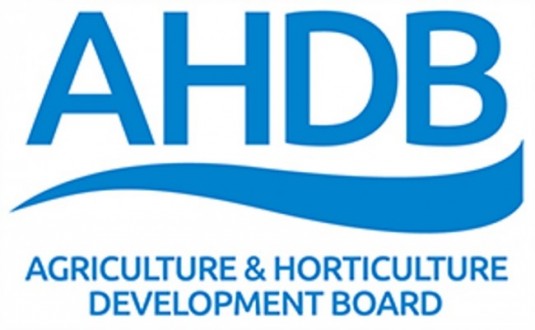The Agriculture and Horticulture Development Board (AHDB) is committing £5m to fund Britain’s next generation of agricultural experts in an effort to overhaul the industry’s “fragmented” innovation and skills pipeline.
It will plough the funds into supporting PhD university students over the next five years, following its recent report which identified a UK productivity gap worth over £4bn in lost Gross Domestic Product (GDP).
Modern agriculture is a diverse and highly advanced technological industry which has attracted increasing numbers of university students over the last 10 years. According to the Universities and Colleges Admissions Service (UCAS), agricultural student admissions in the UK have risen by more than a quarter over the last decade, from 1,485 in 2008, to 2,085 in 2017.
But industry experts have warned that the UK must overhaul its “fragmented” innovation and skills pipeline to drive change within the sector and keep pace with competitor countries.
According to the Organisation for Economic Co-operation and Development (OECD), innovation and research development is the main source of long-term agricultural productivity growth. There is also a direct correlation between business performance and levels of education, so investment in this area is critical to the success of post-Brexit UK farming.
However, increased collaboration is required to harness industry knowledge through public and private sector partnerships.
AHDB has pledged to invest £900,000 towards supporting agricultural PhD courses in 2018, with funds totalling in excess of £5m over the next five years.
Commenting on the funding commitment, AHDB Chief Technical Officer Richard Laverick said: “This investment will help universities forge stronger links with the UK’s fast-evolving agricultural industry by delivering practical technical developments which are relevant to industry priorities.
“It further provides a unique and cost-effective opportunity to build expertise and understanding of novel technical practices, supporting growers, producers and others in the UK supply chain.”
Investment in agricultural innovation has been bolstered in recent years through the government’s Agri-Tech strategy. Public and private sector funding totalled approximately £490m in 2015, putting the UK ahead of some of its main competitors in terms of investment as a proportion of Gross Value Added (GVA).
However, public funding of agricultural R&D remains heavily skewed towards ‘blue sky’ research, rather than near-market application, AHDB has warned.
Having invested approximately £4m in PhD programmes over the last 5 years, supporting 80 studentships annually, AHDB remains the only public UK organisation committed to funding studentships with practical, direct and specific industry relevance.
Welcoming today’s announcement, Dr Jim Monaghan, Director of the Fresh Produce Research Centre at Harper Adams University, said: “We really need to attract more skilled young people into technical careers in agriculture to address the coming challenges of feeding the UK in a changing world. AHDB PhD studentships are part of the solution; the students get the best of both worlds, sound scientific training linked to real world problems.”
“Experience of other countries tells us that those with more integrated and coordinated knowledge exchange frameworks stand a better chance of growing productivity. Working with industry, research organisations, charities and other funders towards the same goal will be the key to the UK’s success in years to come,” Mr Laverick added.




